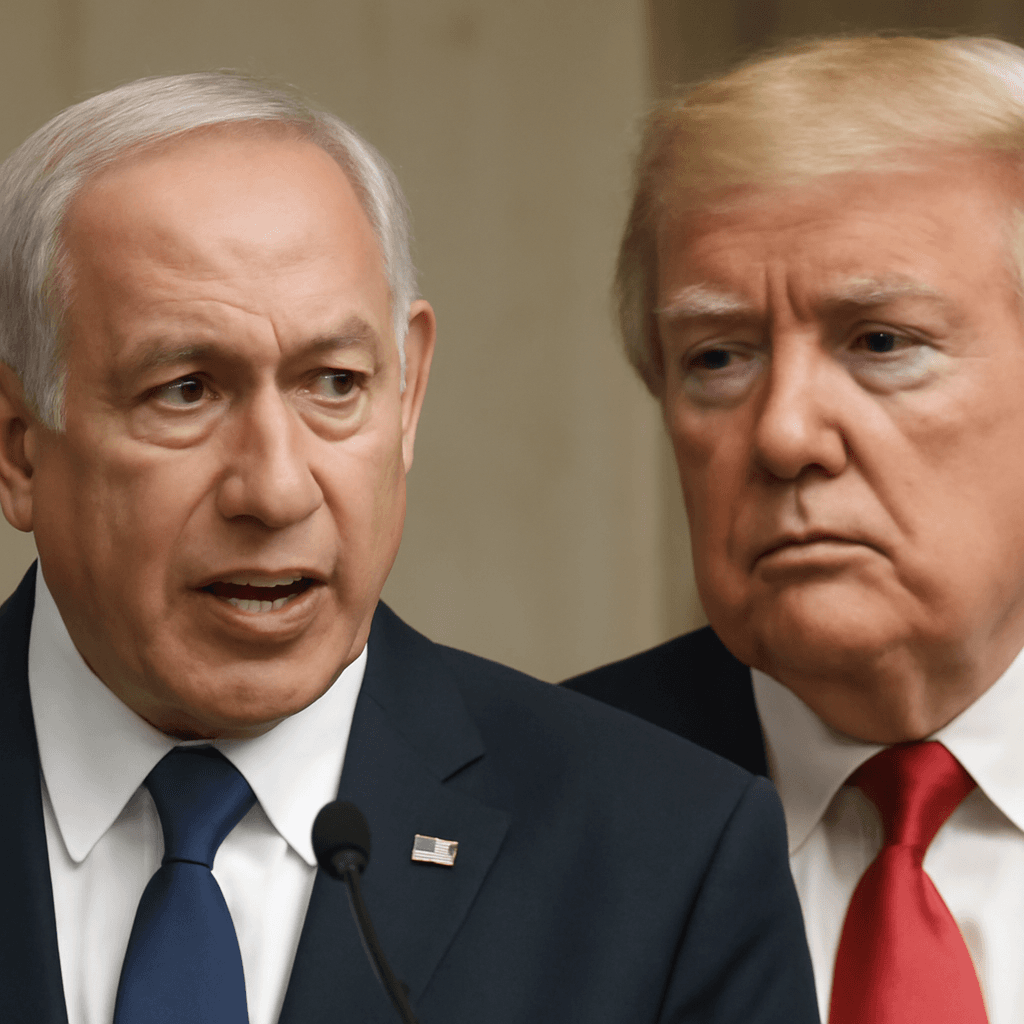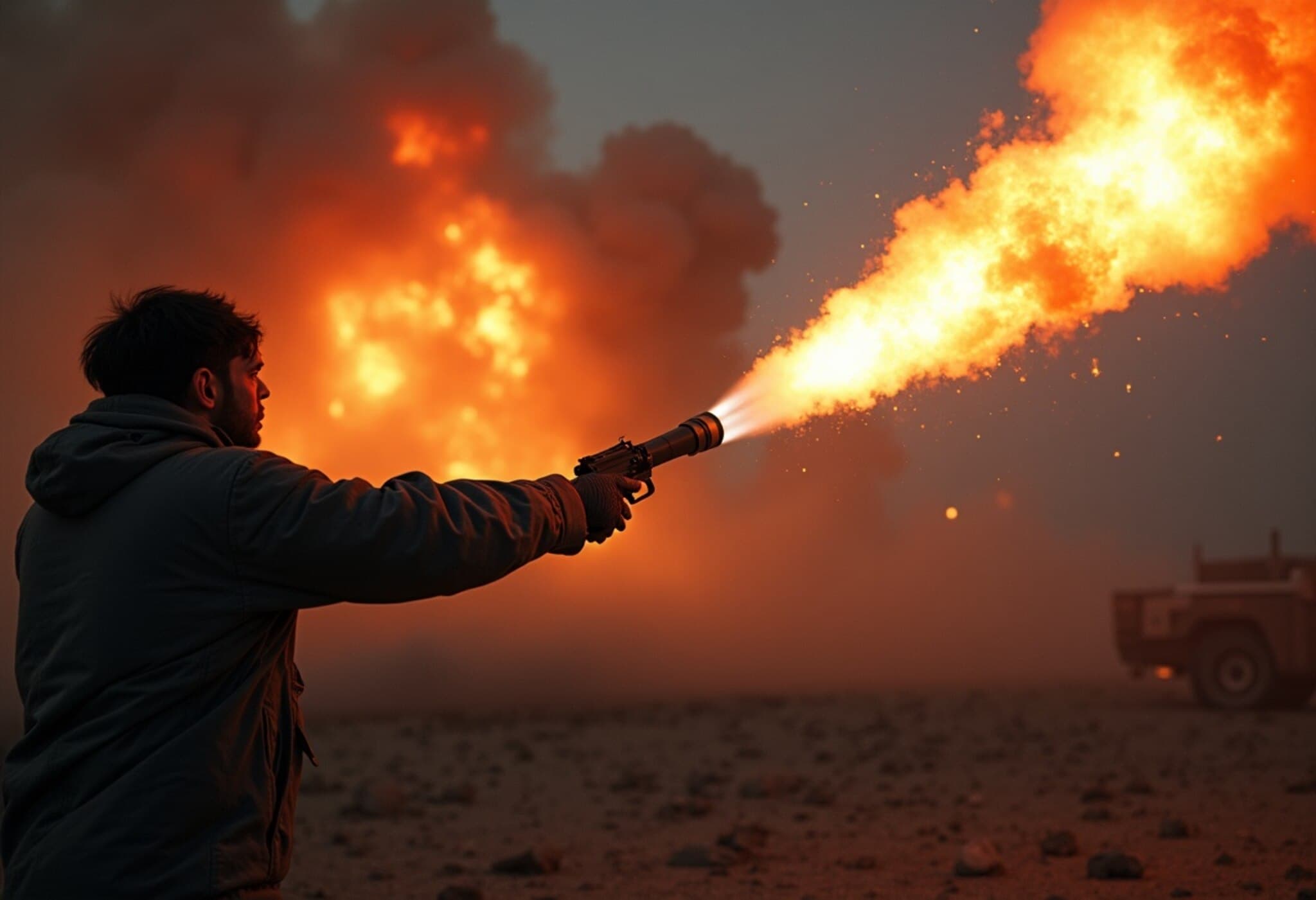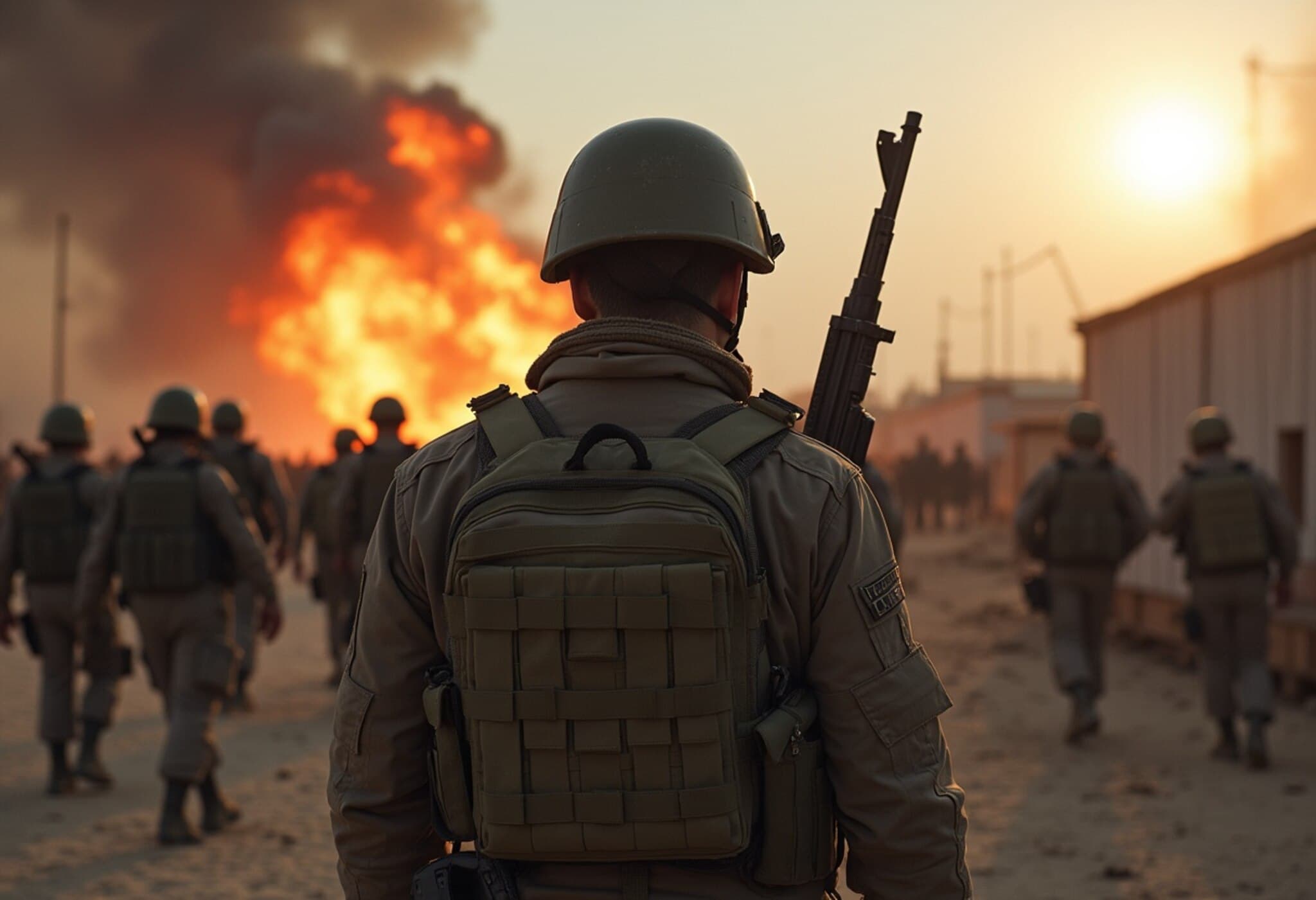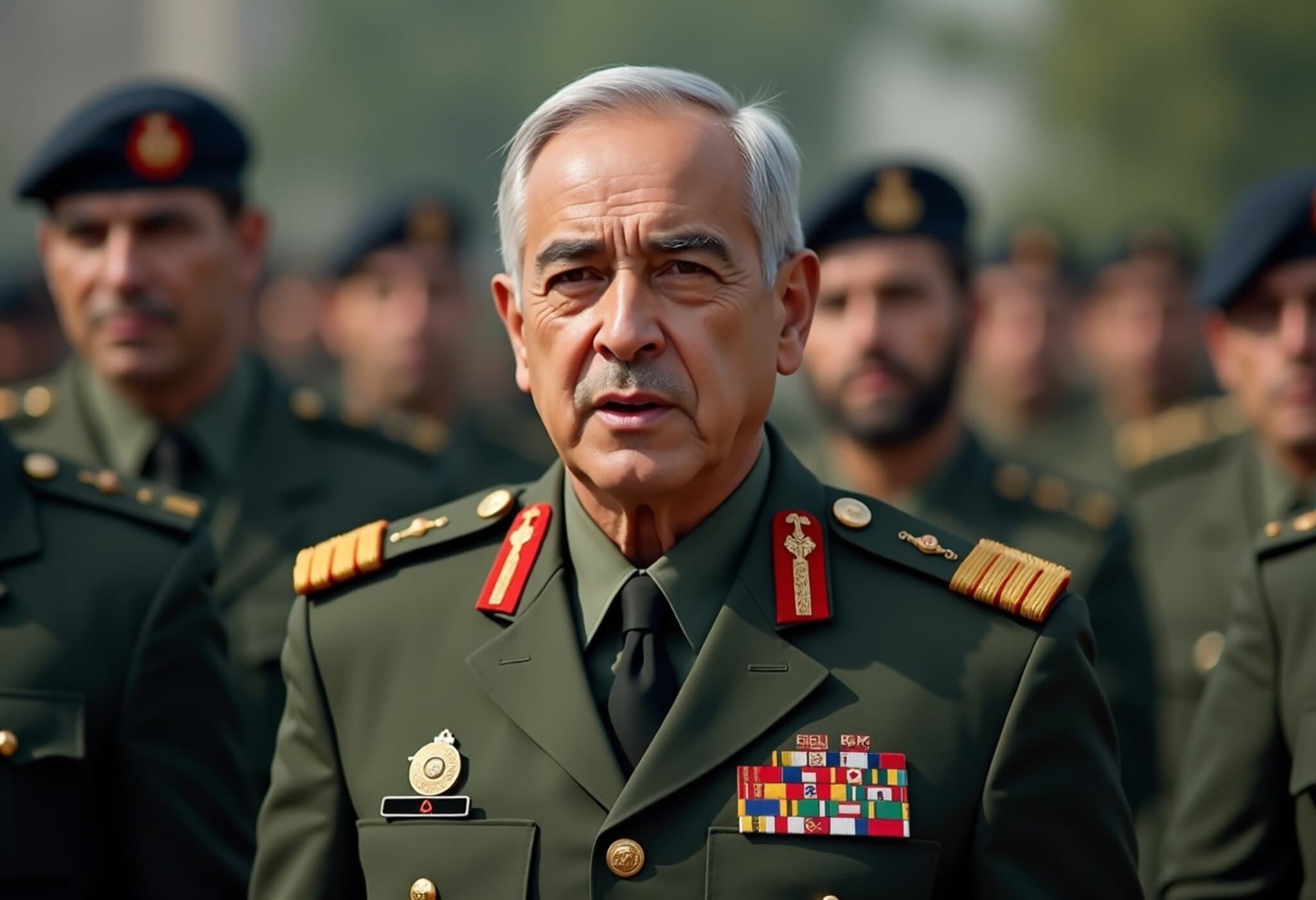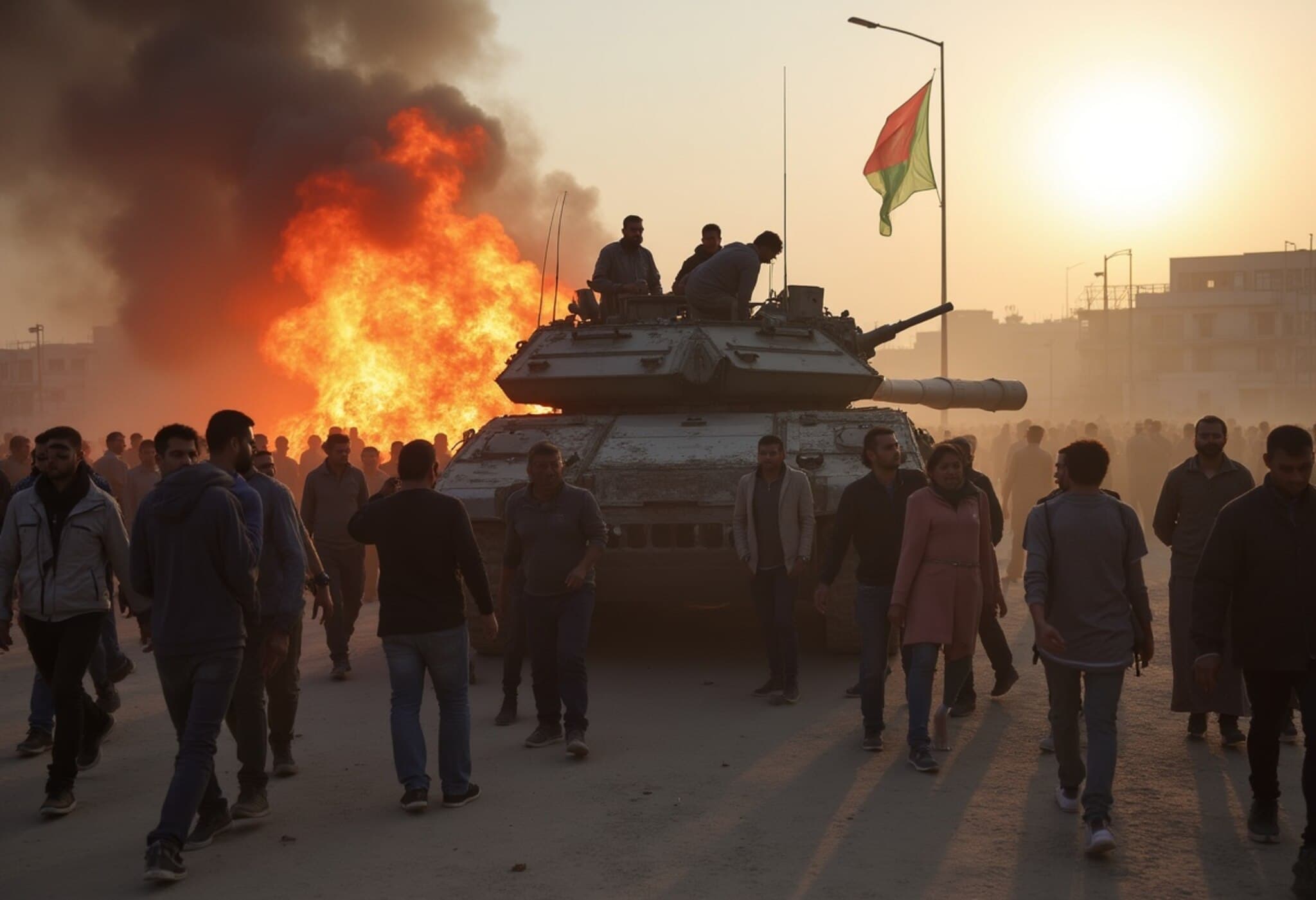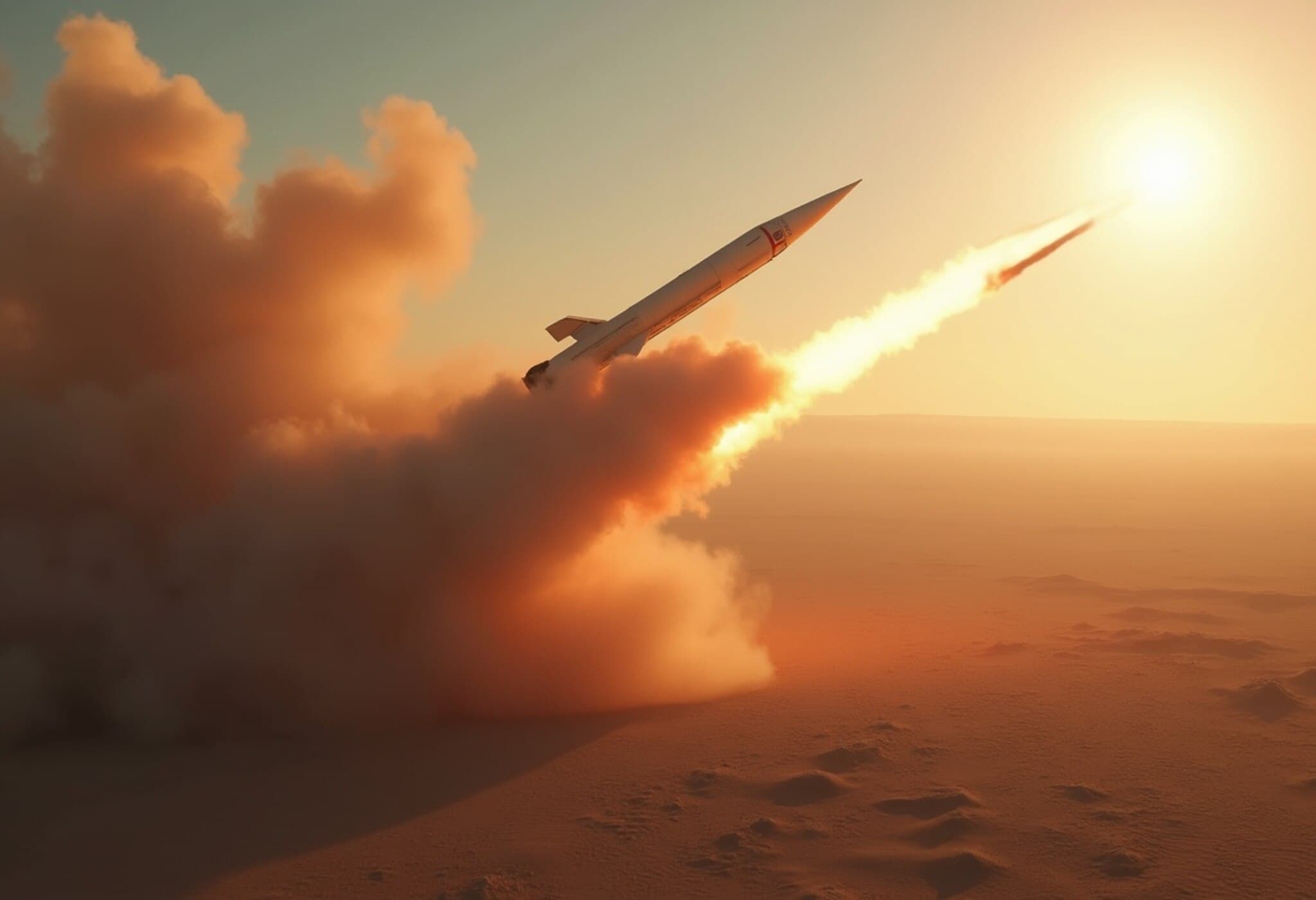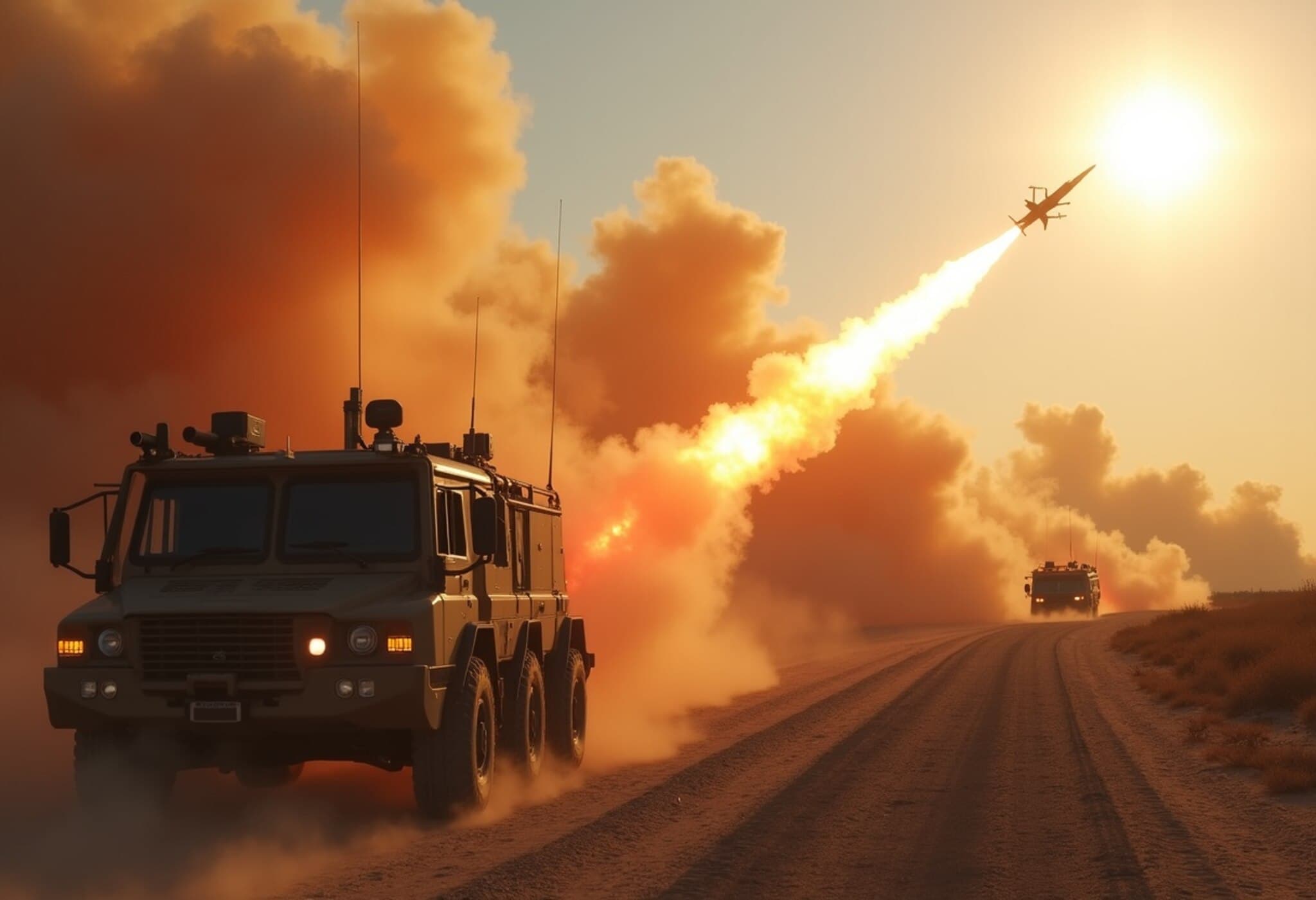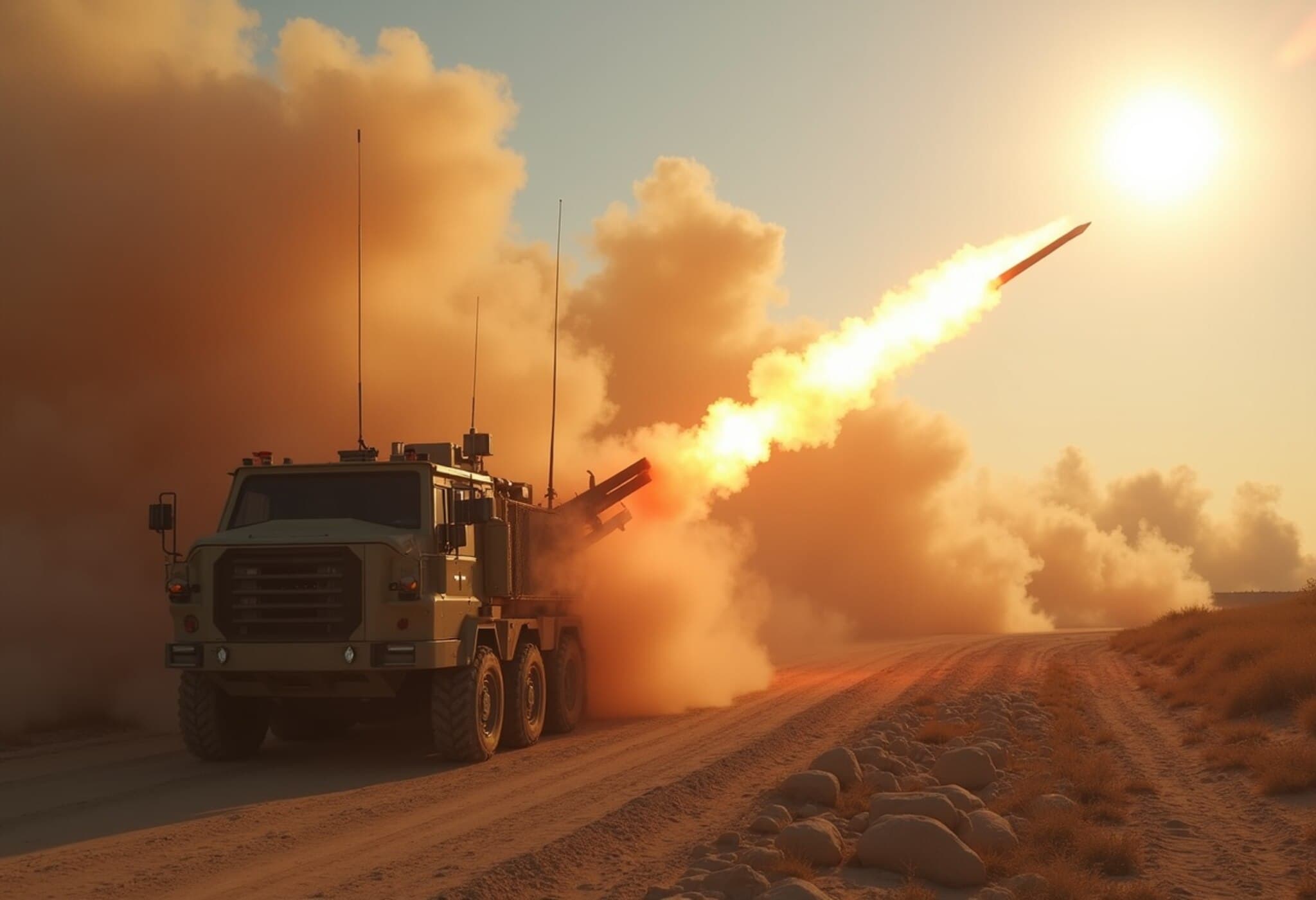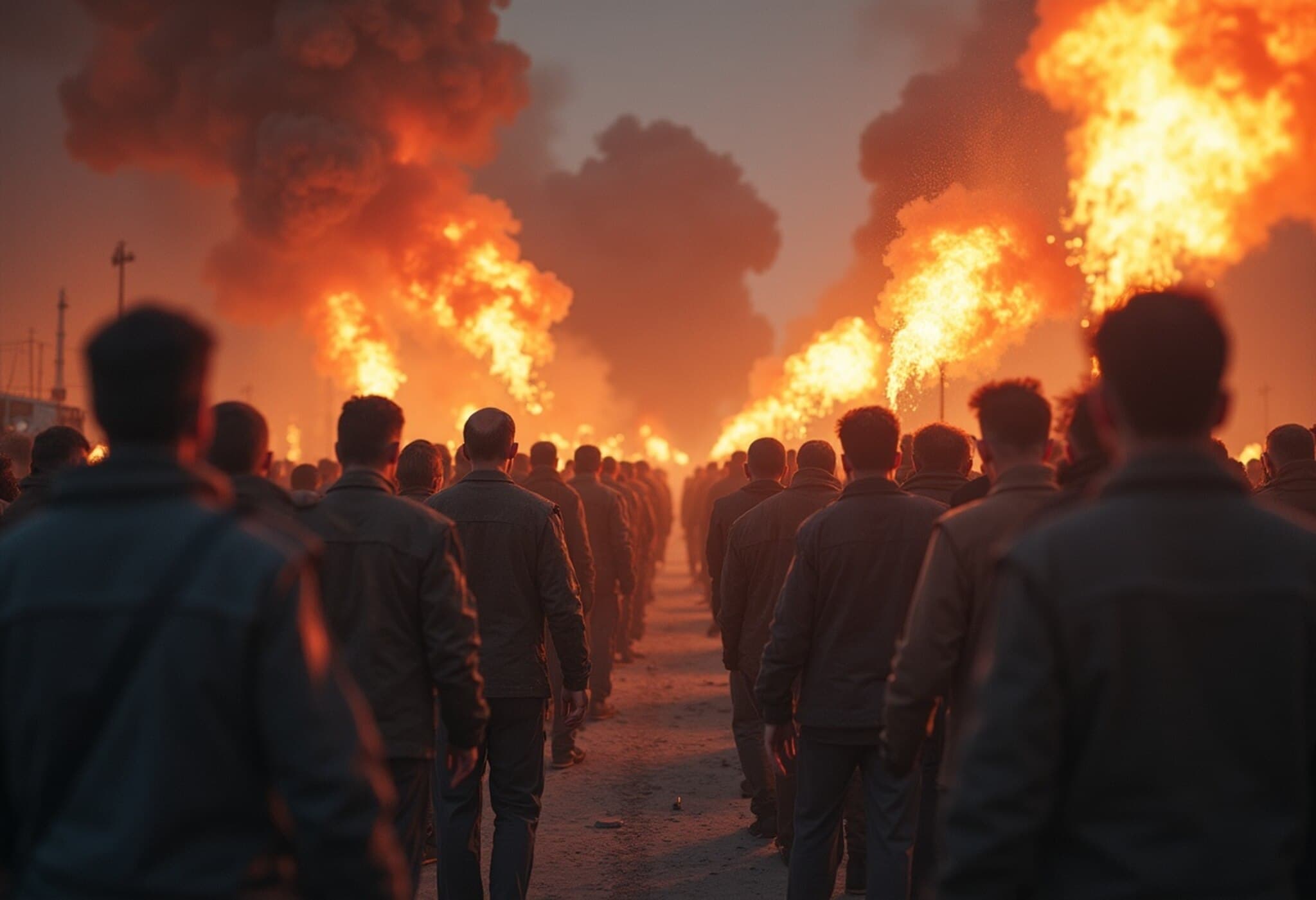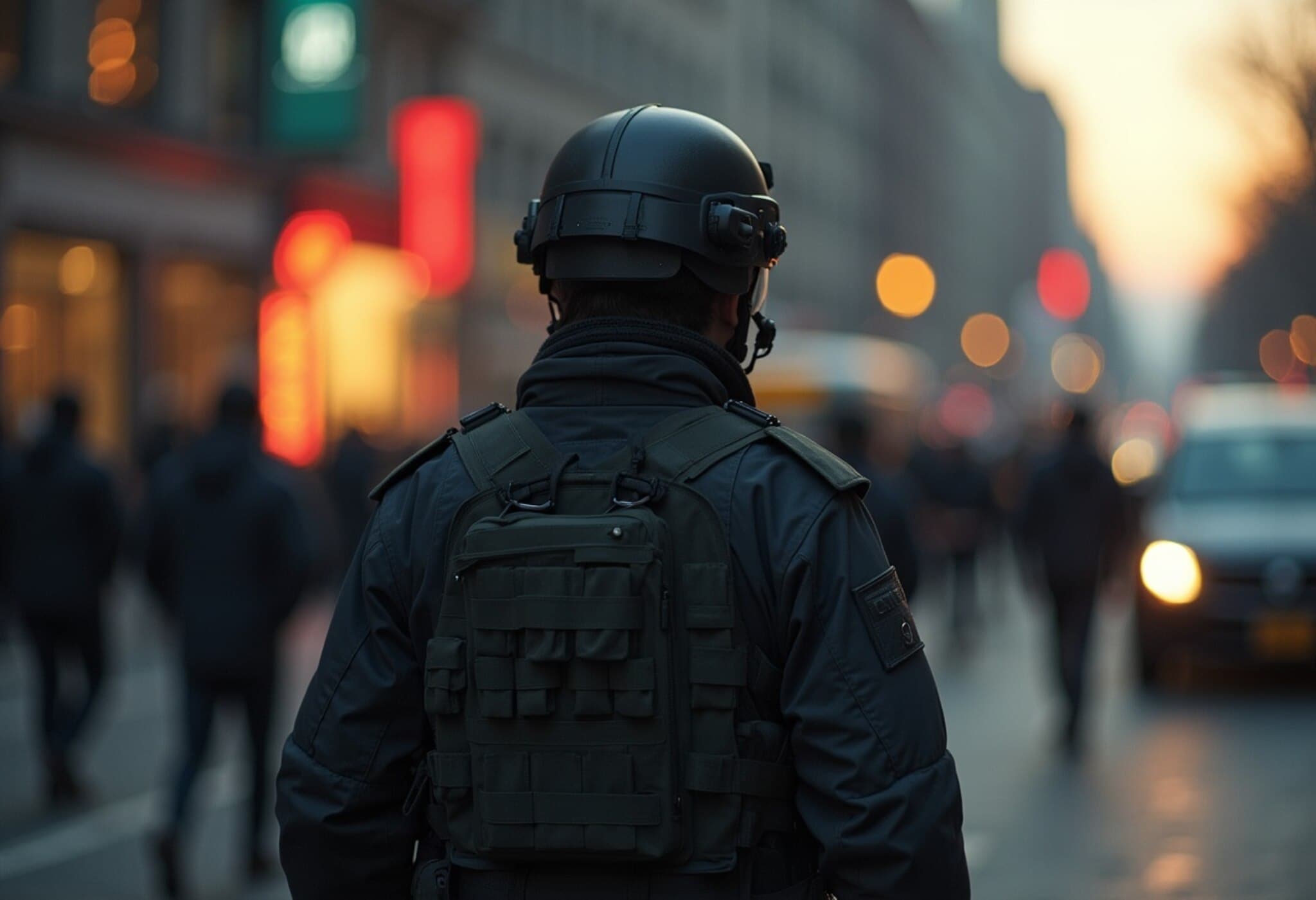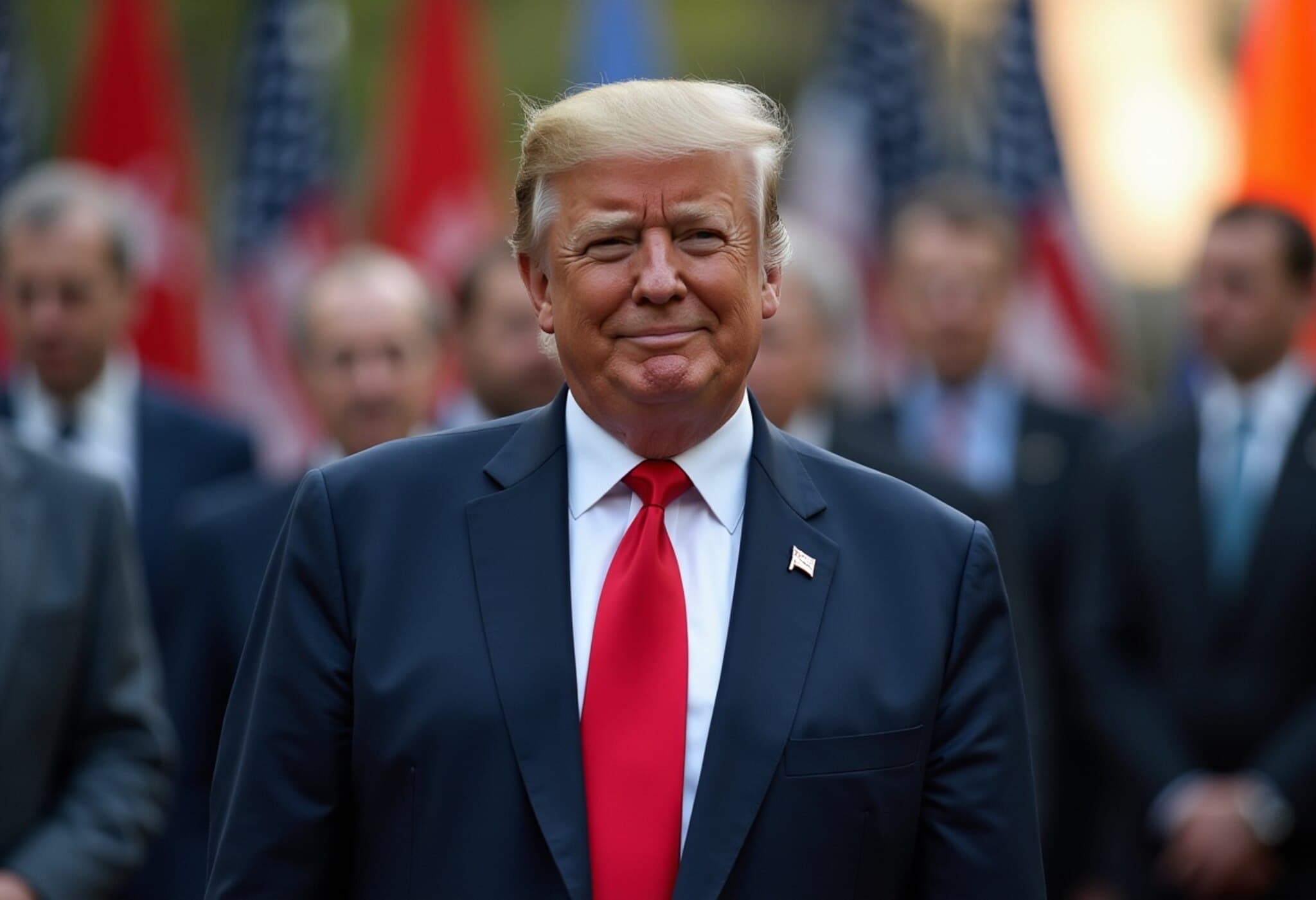Iraq Detains Political Commentator for Viral Post Linking Radar to Israel-Iran War
In a move signaling heightened sensitivities over national security narratives, Iraqi authorities arrested Abbas al-Ardawi on Wednesday following an online post alleging a drone strike on a military radar system aided Israel in its conflict with Iran. The incident underscores Iraq's tense atmosphere amid regional hostilities and the scrutiny of public discourse.
Details Behind the Arrest
After a judicial warrant was issued, the Iraqi Defense Ministry confirmed Abbas al-Ardawi's detention. The ministry accused him of disseminating content online that "incited insult and defamation against security institutions." The post, initially shared on the social platform X (formerly Twitter) and since deleted, claimed that a French-made radar located at the Taji military base was involved in supporting Israeli military actions, stating it had been destroyed.
Context of the Drone Strikes
Just hours before a ceasefire ended a 12-day conflict between Iran and Israel, unmanned drones targeted radar installations at two Iraqi military facilities: the Taji base north of Baghdad and the Imam Ali airbase in southern Iraq’s Dhi Qar province. While no group has taken responsibility for the attacks, these strikes have ignited speculation and anxiety regarding Iraq's role and domestic security.
Political and Security Implications
Taji base, previously hosting U.S. forces, has been a recurrent target for rocket attacks. A source close to Iran-backed militia groups has denied their involvement in the recent drone strikes. Abbas al-Ardawi is known for his alignment with pro-Iranian armed factions and the influential Coordination Framework coalition, which commands a parliamentary majority. His arrest followed directives from the Prime Minister, who reiterated the government's stance against tolerating actions that threaten Iraq's stability and security.
Freedom of Expression Versus National Security
The Defense Ministry emphasized that while freedom of expression remains a protected right, it is bound by the nation’s security priorities and overarching interests. Iraq's internal political dynamics and the ongoing regional conflict have complicated this balance, especially as Iran-backed groups have criticized the U.S. military presence in Iraq, accusing American forces of permitting Israeli overflights.
The Broader Regional Tension
The U.S.-led coalition, including French troops active in training Iraqi forces, does not currently maintain a presence at the Taji base. Iraq had locked down its airspace amid the Iran-Israel hostilities, reopening it only after a ceasefire was announced. This sequence of events signals Iraq's delicate position amid escalating regional alliances and rivalries, highlighting how information—whether verified or speculative—can have severe repercussions domestically.
Conclusion
Abbas al-Ardawi’s arrest demonstrates the Iraqi government’s resolve to control narratives perceived as damaging to national security during a volatile period. The case also provides a glimpse into the complex entanglement of regional conflicts and the domestic challenges Iraq faces in safeguarding its sovereignty and security interests.


